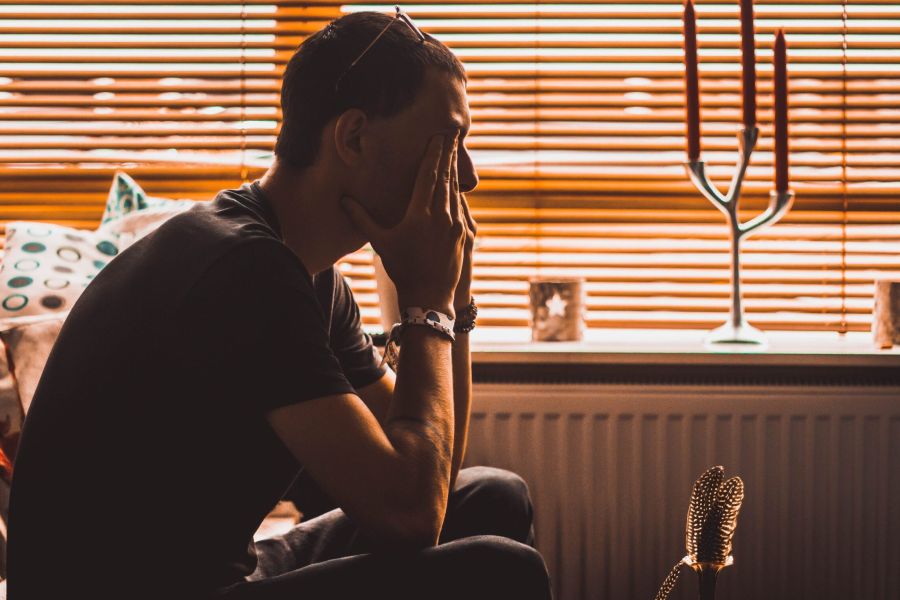One-year-update: Laura wants to improve the clock and mental health of students

PhD candidate Laura Pape has started over a year ago on her project in WP1.4. It is time for an update on her findings and plans.
E-health for university students
by Laura Pape
My project in work package 1.4 is about the effectiveness of a guided e-health intervention on improving sleep and mental in university students. Together with my research team, Dr. Niki Antypa and Prof. Philip Spinhoven from Leiden University, and Prof. Annemieke van Straten and Dr. Sascha Struijs from VU Amsterdam, we developed an online cognitive behavioral therapy for insomnia intervention, called i-Sleep & BioClock. The aim of the intervention is to teach students about sleep and the biological clock and to help them develop the knowledge and skills to better regulate their own sleep-wake pattern. The ultimate aim is to prevent the development or the worsening of psychological problems in the life of these students.
Many young adults are living with a severely disturbed biological clock and this is often accompanied by sleeping problems and poor mental health. A report by the Trimbos Institute in 2021 showed that 41% of students indicated that they experience sleeping problems. We also know that people with insomnia have a twofold increased risk of developing depression than good sleepers, and chronic insomnia, if left untreated, also increases the risk of suicidality. Clearly, there is a high need for easily accessible and effective early interventions.
Universities can be an excellent environment for identifying students at high risk for mental disorders and applying evidence-based treatment approaches to prevent or treat symptoms of common mental disorders at an early stage. Caring Universities is an important initiative in this regard. It is a collaboration of seven institutions in the Netherlands. Caring Universities offers free online services specifically designed to improve the mental well-being of students. They can work with their psychological complaints in an accessible and anonymous way. Of course, we also just came out of a global pandemic, where the importance and benefits of online interventions became even clearer.
In the past year, we have been working on the content development of the intervention – writing texts, producing educational clips and relaxation exercises, developing a sleep & light exposure diary, and tailoring the intervention to our student target group. Since May 2022, the intervention is online and we started the pilot study, in which we assess the feasibility and acceptability of the intervention. We were able to reach out planned 50 inclusions – Yay! – and we will shortly evaluate those first results. In the meantime I am working on the protocol for the ethical approval of the randomized controlled trial which will start next year. In this bigger trial, we will compare the i-Sleep & BioClock to a psychoeducation control condition. I presented our plans at the ESRS Sleep Europe conference in Athens, Greece, and received a lot of positive response to our plans. Looking forward to the next steps of this project!
Participating or interested? See website of Caring Universities. Or contact Laura: l.m.pape@fsw.leidenuniv.nl

The BioClock Consortium is funded by the NWA-ORC programme of the Dutch Research Council (NWO; project number 1292.19.077).